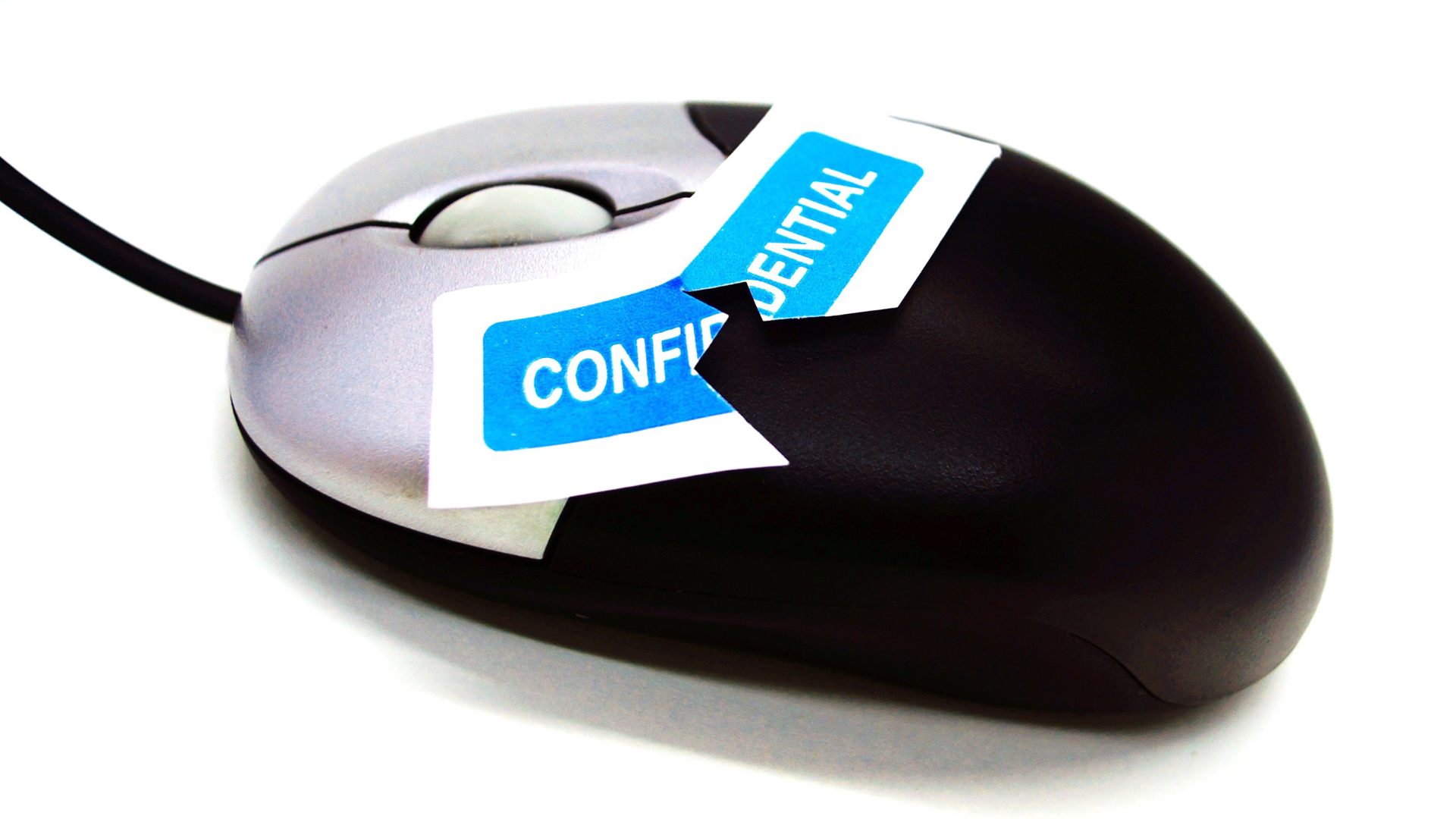In the digital age, identity theft isn’t just a personal concern. Businesses too, are falling prey to this insidious crime. Business identity theft, a rapidly emerging threat, is causing significant damage to companies’ reputation and finances.
It’s a must-read for every entrepreneur, executive, and employee, because in today’s world, ignorance isn’t bliss—it’s a business risk.
Business Identity Theft
Business identity theft, a growing digital age threat, impersonates companies committing large-scale fraud, and can inflict significant damage to any company’s reputation and finances. This section deepens your understanding of business identity theft by offering detailed explanations and comparisons to personal identity theft.
The Concept Explained
 Business identity theft bears a resemblance to personal identity theft. However, there is one distinctive difference – it targets businesses, not individuals. Fraudsters employ sophisticated methods to impersonate a business. They can illegally obtain crucial information such as tax identification numbers, credit card details, and other sensitive data. One common tactic is to create fraudulent payslip template, which they can use to appear legitimate and deceive unsuspecting victims.
Business identity theft bears a resemblance to personal identity theft. However, there is one distinctive difference – it targets businesses, not individuals. Fraudsters employ sophisticated methods to impersonate a business. They can illegally obtain crucial information such as tax identification numbers, credit card details, and other sensitive data. One common tactic is to create fraudulent payslip template, which they can use to appear legitimate and deceive unsuspecting victims.
When business identity theft strikes, a firm experiences severe impacts, extending beyond immediate financial losses to include legal complications and reputation impairment.
The first blow lands on the firm’s finances. Crooks, armed with the firm’s identity, rack up huge debts by exploiting credit lines or manipulating financial records. The victimized firm then grapples with erroneous charges and unanticipated debts.
Legal Implications
Responding to business identity theft also entails managing legal implications. With illicit activities tied to the firm’s identity, it might face investigations, law enforcement scrutinization, or even potential lawsuits.
Damage to Reputation and Trust
Last but not least, a firm’s reputation, built over years of diligent service, suffers a significant blow. Customers, suppliers, and partners may lose trust, affecting long-standing relationships and future business prospects.
Preventative Measures to Safeguard Your Business
 Laying a foundation of prevention mitigates the risk of business identity theft, shielding company integrity. Mitigative steps pivot around tightening security protocols, implementing employee awareness programs, and conducting regular checks on financial and credit records.
Laying a foundation of prevention mitigates the risk of business identity theft, shielding company integrity. Mitigative steps pivot around tightening security protocols, implementing employee awareness programs, and conducting regular checks on financial and credit records.
Employing stringent security measures forms the first line of defense against identity fraud. Enhancing digital protection incorporates advanced firewalls, two-factor authentication, and regular updates of security software.
Providing continuous training and awareness programs presents a formidable barrier to business identity theft. Employees, acquainted with current strategies of identity thieves, could avert potential fraudulent activities.
Regular Monitoring of Financial and Credit Records
Monitoring financial transactions and credit reports on a routine basis spots irregularities early, combating identity theft. Businesses employ audit controls, reconcile accounts frequently, and subscribe to credit monitoring services.
Steps to Take When Your Business Is a Victim
In the unfortunate situation of becoming a victim of business identity theft, initial actions matter the most. Bear in mind, immediate responses can diminish the negative impact, while a timely report to the correct authorities can aid in investigating the issue.
Immediate Actions to Limit Damage
 Once a business detects an identity theft, immediate actions to control the situation are paramount. Extracting relevant transaction details, such as date, time, and nature of the fraudulent activity, can qualify instances of irregularities.
Once a business detects an identity theft, immediate actions to control the situation are paramount. Extracting relevant transaction details, such as date, time, and nature of the fraudulent activity, can qualify instances of irregularities.
Informing relevant authorities promptly plays a critical role in regaining control. Firstly, contact local law enforcement agencies and file a formal complaint. Procure a copy of the police report, as it is often required by banks, credit reporting companies, and other businesses to waive off the fraudulent debts.
Recovering post a business identity theft involves coordinated efforts and ongoing vigilance. Aiming to restore operations, one must rebuild financial standing by pursuing creditors for fraudulent debt removal, after providing legal documentation of the identity theft like the police report.
Must Know
Business identity theft isn’t a threat to take lightly. With criminals always on the prowl, companies must be vigilant about safeguarding their identities. The Equifax data breach is a stark reminder of the devastation that can occur when business identities fall into the wrong hands. However, it’s not all doom and gloom. If a business finds itself a victim, immediate actions can limit the damage.
